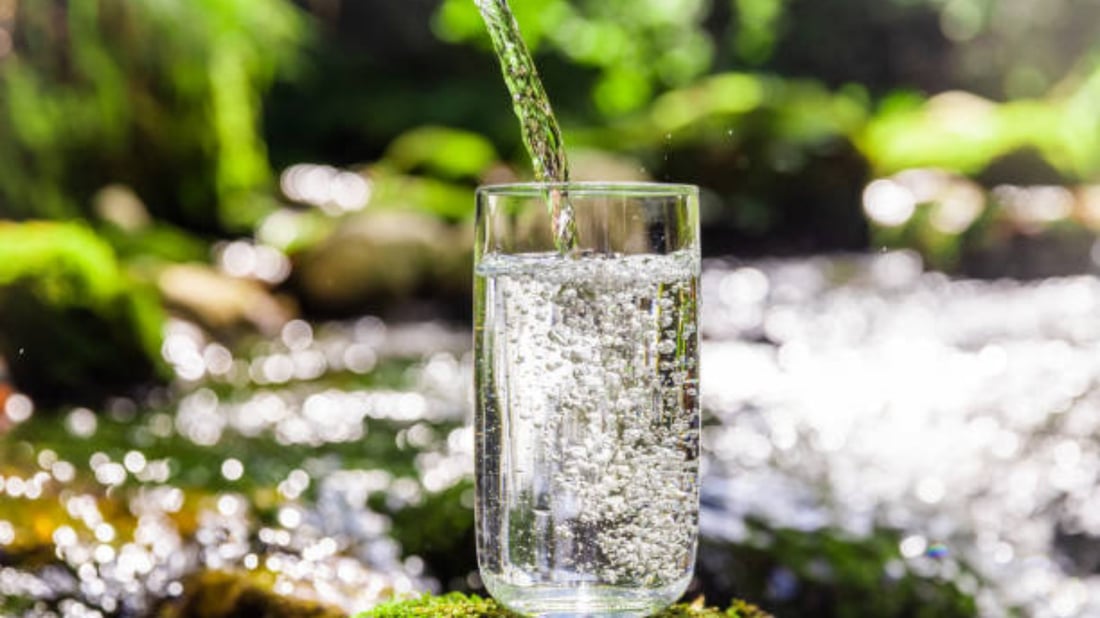Why You Need a chlorine filter for tap Water
Tap water is a convenient and readily available source of hydration for many people. However, it is important to be aware of the potential contaminants that can be present in your tap water, such as chlorine. While chlorine is commonly used by water treatment facilities to disinfect water and kill harmful bacteria, it can have negative effects on your health and the taste of your water. This is where a chlorine filter for tap water becomes essential.
The Dangers of Chlorine in Tap Water
Chlorine is a powerful disinfectant that effectively kills bacteria and viruses in drinking water. However, it can also react with organic matter in water to form potentially harmful byproducts, such as trihalomethanes (THMs) and haloacetic acids (HAAs). These byproducts have been linked to an increased risk of certain cancers, reproductive problems, and other health issues.
Furthermore, chlorine itself can irritate the skin, eyes, and respiratory system. When you take a shower or wash your hands with chlorinated tap water, you may experience dry skin, itchiness, redness, and even asthma symptoms. By installing a chlorine filter for your tap water, you can reduce these health risks and enjoy cleaner, safer water.
How Chlorine Filters Work
Chlorine filters for tap water employ various technologies to effectively remove chlorine and its byproducts. One of the most common types of filters is activated carbon filters. These filters contain a porous material, typically made from coconut shells, that adsorbs chlorine molecules as water passes through.
Activated carbon filters also help to improve the taste and odor of tap water by removing other organic compounds that can contribute to unpleasant flavors and smells. Additionally, some chlorine filters may incorporate other filtration media, such as KDF (Kinetic Degradation Fluxion) or catalytic carbon, to enhance the removal of chlorine and other contaminants.
Benefits of Using a Chlorine Filter for Tap Water
Investing in a chlorine filter for your tap water offers numerous benefits:
- Improved Health: By removing chlorine and its byproducts, you can reduce your exposure to potentially harmful chemicals and protect your health.
- Better Taste and Odor: Chlorine can give tap water an unpleasant taste and odor. A chlorine filter will help remove these unwanted characteristics, making your water more enjoyable to drink and cook with.
- Protecting Skin and Hair: Chlorine can strip the natural oils from your skin and hair, leaving them dry and brittle. Using filtered water for showering and bathing can help maintain the health of your skin and hair.
- Environmentally Friendly: By using a chlorine filter, you can reduce your reliance on bottled water, which contributes to plastic waste and carbon emissions associated with transportation.
- Cost-Effective: Investing in a chlorine filter is more cost-effective in the long run compared to purchasing bottled water or other alternatives.
Choosing the Right Chlorine Filter for Tap Water
When selecting a chlorine filter for your tap water, there are a few factors to consider:
- Filtration Capacity: Look for a filter that can effectively remove chlorine from the volume of water you use daily. Consider the filter's lifespan and the frequency of filter replacements.
- Additional Contaminant Removal: If you are concerned about other contaminants in your tap water, such as heavy metals or pesticides, choose a chlorine filter that also addresses these issues.
- Installation and Maintenance: Consider the ease of installation and maintenance. Some filters require professional installation, while others can be easily attached to your existing faucet.
Conclusion
A chlorine filter for tap water is a valuable investment in your health and well-being. By removing chlorine and its byproducts, you can enjoy cleaner, safer water that tastes better and is gentler on your skin and hair. Consider the benefits of using a chlorine filter and choose the right one for your needs. With a reliable chlorine filter, you can confidently hydrate and use tap water for all your household needs.

